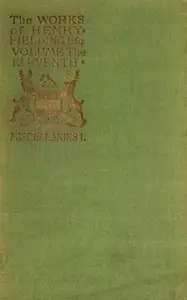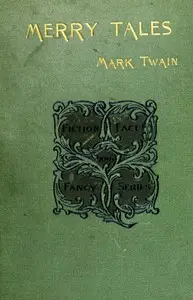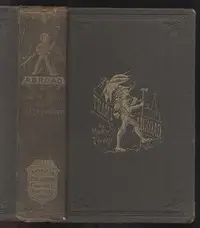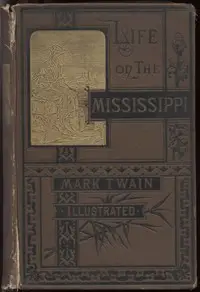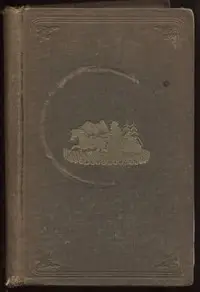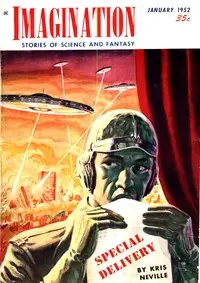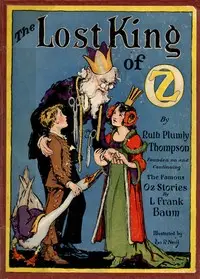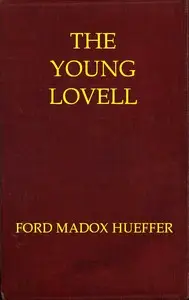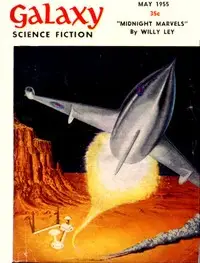The book "Extract from Captain Stormfield's Visit to Heaven" is a work by Mark Twain that tells the story of Captain Eli Stormfield, who dies and goes to heaven, only to find that it is not what he expected. The story follows his journey as he navigates the afterlife, encountering various characters and experiencing unexpected surprises along the way. The book explores themes of mortality, the afterlife, and the nature of heaven, offering a humorous and satirical take on traditional Christian notions of the afterlife. Through Captain Stormfield's adventures, Twain pokes fun at the idea of a heavenly realm where everything is perfect and people are happy all the time, instead revealing a more nuanced and multifaceted portrayal of the afterlife. The narrative style of the book is characterized by Twain's signature wit and humor, as he uses satire to challenge conventional notions of heaven and the afterlife. The story is full of clever observations and humorous anecdotes, making it an entertaining and engaging read. As Captain Stormfield navigates the complexities of heaven, he encounters a range of characters, from bureaucracy-loving clerks to wise and experienced angels, each with their own unique perspective on the afterlife. Through these interactions, Twain explores the human condition, revealing the flaws and contradictions that make us who we are, even in the afterlife.
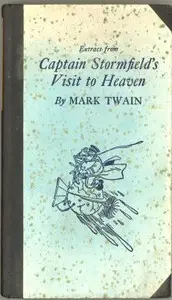
Extract from Captain Stormfield's Visit to Heaven
By Mark Twain
A man dies and goes to heaven, only to find that it's not what he expected, and he must navigate a complex and often humorous afterlife filled with unexpected surprises and characters.
Summary
About the AuthorSamuel Langhorne Clemens, known by the pen name Mark Twain, was an American writer, humorist, and essayist. He was praised as the "greatest humorist the United States has produced," with William Faulkner calling him "the father of American literature." Twain's novels include The Adventures of Tom Sawyer (1876) and its sequel, Adventures of Huckleberry Finn (1884), with the latter often called the "Great American Novel." He also wrote A Connecticut Yankee in King Arthur's Court (1889) and Pudd'nhead Wilson (1894) and cowrote The Gilded Age: A Tale of Today (1873) with Charles Dudley Warner.
Samuel Langhorne Clemens, known by the pen name Mark Twain, was an American writer, humorist, and essayist. He was praised as the "greatest humorist the United States has produced," with William Faulkner calling him "the father of American literature." Twain's novels include The Adventures of Tom Sawyer (1876) and its sequel, Adventures of Huckleberry Finn (1884), with the latter often called the "Great American Novel." He also wrote A Connecticut Yankee in King Arthur's Court (1889) and Pudd'nhead Wilson (1894) and cowrote The Gilded Age: A Tale of Today (1873) with Charles Dudley Warner.




